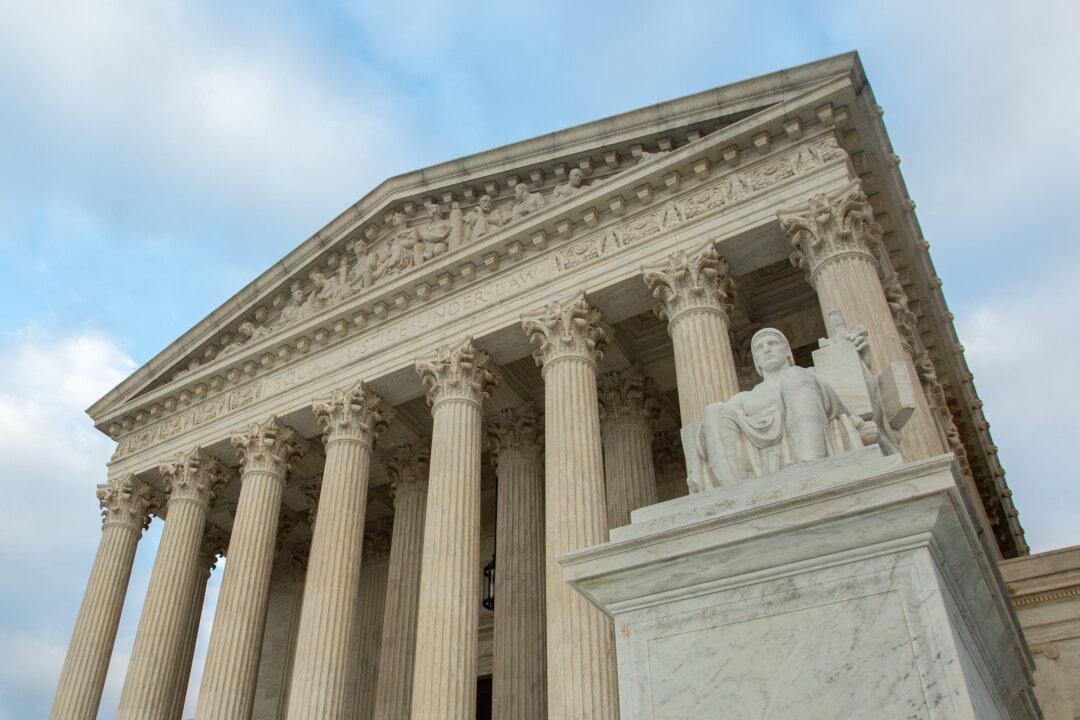The U.S. House of Representatives and a group of Democrat-led states are seeking an expeditious review at the Supreme Court of a lawsuit challenging former President Barack Obama’s Affordable Care Act, also known as Obamacare.
In two separate appeals filed on Jan. 3, lawmakers and state officials asked the high court to take up the case and issue a ruling before its current term ends in June. They argued that the court’s expeditious consideration is necessary because of the uncertainty the lower court’s decision has on health insurance and the health care marketplace, as well as for millions of Americans who have purchased health insurance under Obamacare (pdf).




